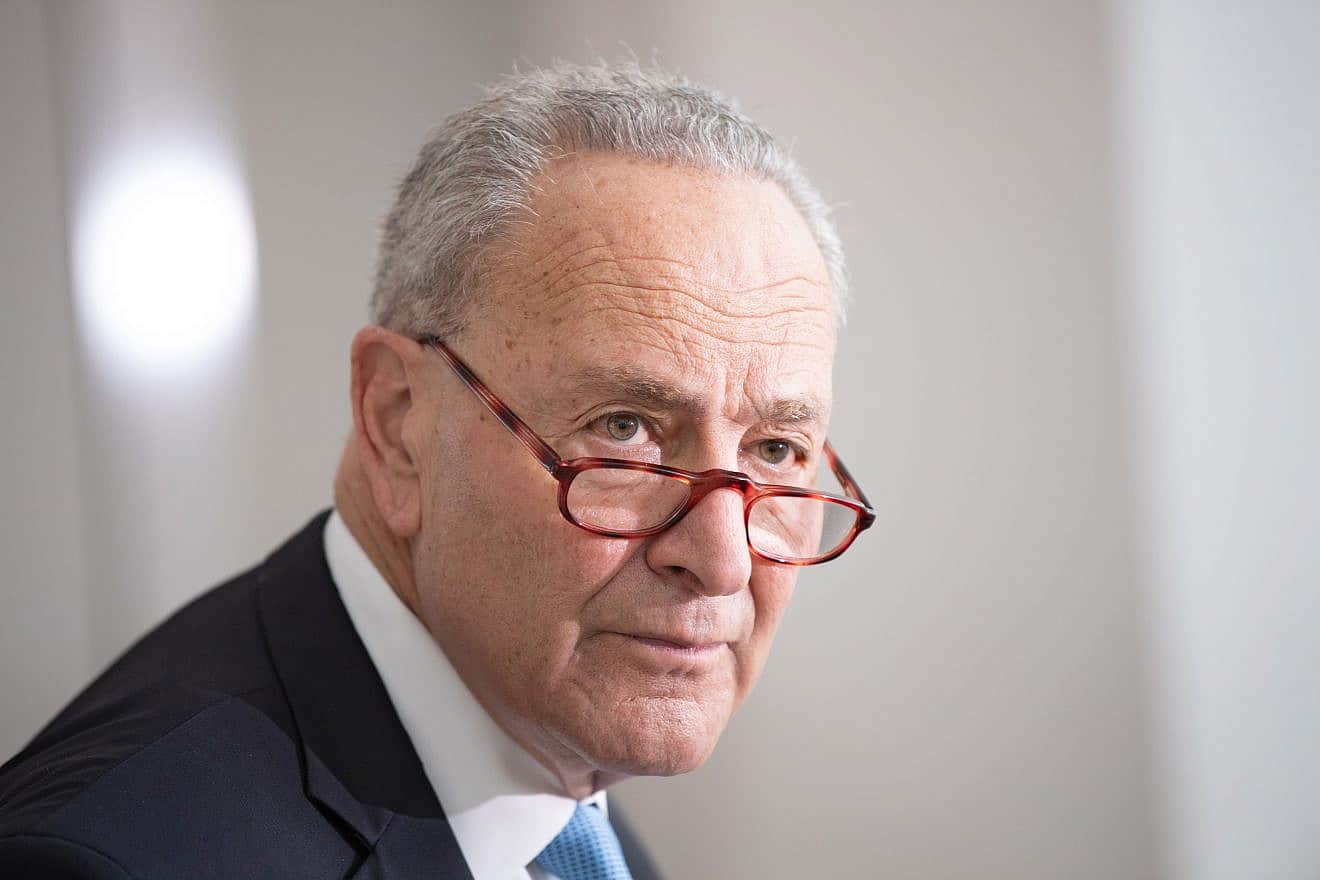As the congressional session nears its conclusion, Senate Democrats have reached a critical agreement with Republicans to expedite the confirmation of several district court judges nominated by President Joe Biden. The deal underscores the intense focus on solidifying Biden’s judicial legacy while balancing bipartisan negotiations.
A Tactical Move to Secure Biden’s Judicial Legacy
President Joe Biden’s administration has prioritized judicial appointments, with the Senate confirming 221 judges so far during his tenure. This bipartisan agreement is expected to increase that number to 234 before Congress adjourns, tying the record set by former President Donald Trump during his first term. Senate Majority Leader Chuck Schumer highlighted the significance of this achievement, calling the 200-plus confirmations “a major milestone” in Biden’s presidency.
The Agreement’s Trade-Off
The accord paves the way for 13 district court nominees to be considered after Thanksgiving and into December. However, it comes with a notable concession: delaying votes on four appellate court nominees, including Adeel Abdullah Mangi, who would have been the first Muslim American to serve on a federal appeals court.
While the agreement ensures progress on district court confirmations, it has drawn criticism from some Democratic senators and liberal advocacy groups. The postponement of appellate court nominees raises concerns about the long-term implications for Biden’s judicial legacy, as appellate courts wield significant influence over federal law.
Balancing Act in a Divided Senate
The agreement reflects the complex dynamics of a closely divided Senate. Democrats have sought to maintain momentum on judicial confirmations ahead of the Republican takeover of the House in January. Republican cooperation on this issue demonstrates the strategic give-and-take required in the current political climate.
The Biden administration’s judicial nominations aim to reshape the federal bench, emphasizing diversity in both professional backgrounds and demographics. Many of Biden’s confirmed judges have been public defenders, civil rights lawyers, or legal advocates, a stark contrast to the predominantly corporate and prosecutorial backgrounds of Trump-era appointees.
Reactions to the Agreement
Liberal groups have expressed frustration over the delay of appellate court nominees, arguing that such concessions could weaken efforts to counteract the conservative tilt of the federal judiciary shaped during Trump’s presidency.
Meanwhile, Republican leaders have largely remained silent on the specifics of the deal, signaling their focus on broader legislative priorities as the session winds down.
The Road Ahead
With the clock ticking on the current congressional session, the Senate faces a tight timeline to confirm the remaining nominees. The agreement represents a calculated effort by Democrats to prioritize achievable goals while leaving some battles for another day.
The outcome will play a crucial role in shaping the federal judiciary for years to come, reflecting the high stakes of judicial appointments in a politically polarized era.



